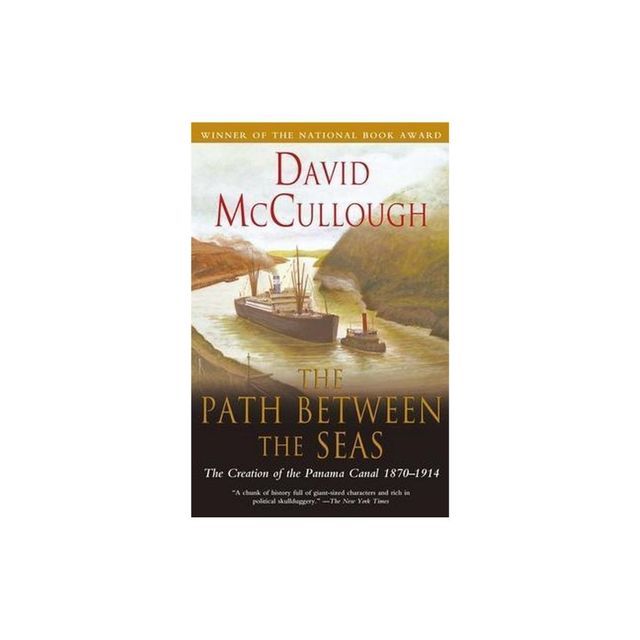Books about Latin America
Whether it is in the winter with a warm cup of tea or in the summer under the lovely sun. I love to read. On a regular basis, however surprisingly, I end up with a book that takes place in Latin America. I am not alone in this, the rest of the Sapa Pana Travel team also loves to read. That is why we thought it would be nice to share some of our favourite books about Latin America with you.
One hundred years of solitude - Gabriel García Márquez
I cannot let the first book and author go by without some extra information:
This book is seen as the greatest classic from Latin America, written by Colombia's most famous and important man, Gabriel García Márquez (Gabo). Márquez was born in the town of Aracataca in Colombia in 1914 and won the Nobel Prize in Literature in 1982. He was seen as the face of magical realism, a style of writing in which magic and reality are interwoven. Márquez himself did not agree with this. He stressed that South American reality is more bizarre than Western readers can imagine.
One hundred years of Solitude tells the story of the Buendía genus. The family lives in the village of Macondo, founded by ancestor José Arcadio in the swampy inlands of the Colombian coast. Several generations of the family pass by and are mixed up in the story. The Buendía family's existence is ravaged by civil war, natural disasters, economic exploitation and destructive modernisation. The book tells a collection of events of Colombian history in the 19th and 20th centuries.
All in all, this description does the book far too short. It is impossible to summarise this book in all its facets in a few lines of text. It is too complex and too much content, partly because of its magical-realistic style. If you like to read, then this is a book you should definitely have read.
Another recommendation of Márquez is 'Love in time of cholera'.
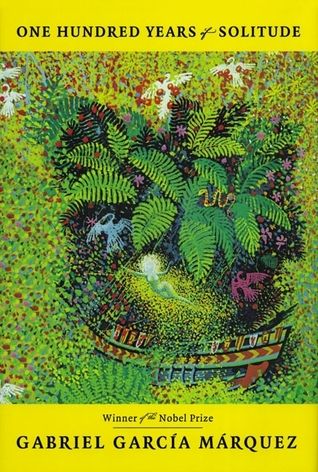
The old man and the sea - Ernest Hemingway
The old man and the sea of Ernest Hemingway has been translated many times and successfully filmed several times. It is regarded worldwide as a masterpiece of literary history. It is a classic story about the eternal struggle between man and nature.
The old Cuban fisherman Santiago goes through life as 'salao', a name that stands for the worst form of adversity. For already 84 days in a row he has had to return to the port with an empty boat. Other fishermen, some with an even better catch than others, can often not fail to mock the old man. Occasionally they only look at him in pity as he passes by. One day Santiago dares to go further and further out to sea. His efforts are rewarded: after a long struggle with a giant fish, the old fisherman wins his greatest victory. Half-dead from exhaustion, he ties the giant behind his boat and returns home. However, the struggle is not over yet.
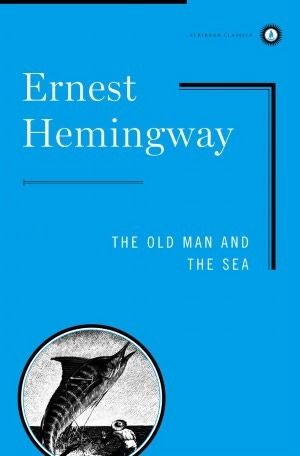
Isabel Allende - The house of the spirits
Isabel Allende daughter of Chilean parents was born in the Peruvian capital Lima. In her youth she lived in many places and returned to Chile at the age of 16. After the military coup in 1973, in which her uncle, President Salvador Allende, died, she settled with her family in Venezuela. In 1981 Isabel heared that her grandfather, now 99 years old, was dying. She began writing him a letter that eventually degenerated into a manuscript for a novel: The House of the Sprits.
The House of the Spirits is a family chronicle that stretches over four generations from the beginning of this century until the 1970s, when the military dictatorship ended the socialist reign of Salvador Allende. Around the figure of Esteban Trueba, the tyrannical, lascivious landowner, four exceptional women move. Rose the Clean, the nymph with the green hair, her sister Clara, the dreamy clairvoyant who can move objects telekinetically, and her daughter Blanca, who has a forbidden love for a left-wing protest singer, to the shame of the family, gets pregnant and gives birth to a daughter. This child, the girl Alba, will later, in a time of decay and terror, write down the wonderful history of her family, to, as she says, 'revive the past and overcome my own horror'.
Another of Isabel Allende's recommendations is Maya's Notebook that takes place on the Chilean peninsula of Chiloé.
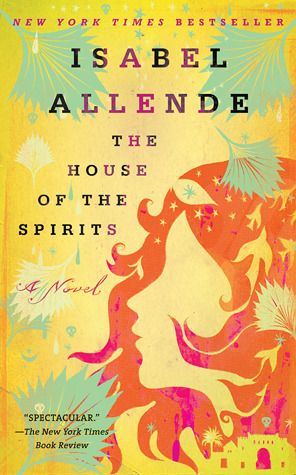
Luz - Elsa Osorio
This book is an absolute must for anyone interested in what happened in Argentina in the 70s.
Luz is an impressive story about a young Argentine woman in search of her past. She grows up in a rich family that played an important role during the Argentine dictoral regime in the seventies. At the age of twenty she begins to suspect that she was born in prison like many other children and was taken away from her real parents, political prisoners. She embarks on an emotional quest that she perseveres to the limit.
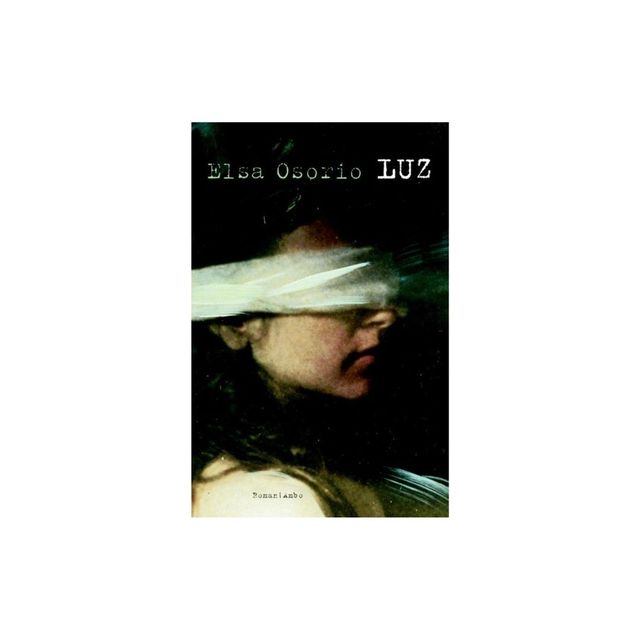
Los Diarios de un motocicleta - Ernesto Che Guevara
Ernesto Guevara wrote this diary during a trip he made with a friend on a motorbike. They left Argentina and travelled through Chile, Peru and Colombia to Venezuela. Ernesto is young (24), in love with life, love and adventure. The motorbike is constantly breaking down along the way with all the hilarious moments as a result. Although the diary is certainly not a political text, young Ernesto Guevara is very impressed by what he sees along the way. The miserable situation of the Indians, the harmful effects of old and new colonialism do not leave him unmoved. Guevara, who began the journey as a Latin American 'easy-rider', already possesses part of the political consciousness he later developed.
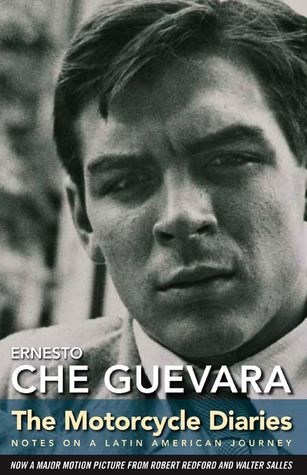
The old Patagonian express - Paul Theroux
The old Patagonian Express is the fine report of a train journey across the American continent. Theroux got on the underground in Boston and finally got off the train at the southernmost tip of South America. He comes through breathtaking mountainous and arid desert landscapes, by luxury train and by rickety rust bucket, always armed with his sharp pen, with which he records his adventures and conversations along the way.
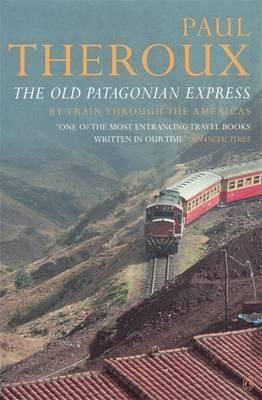
Born to run - Christopher Mcdougall
For anyone who loves running, this is an interesting book about the fastest population group in the world.
The members of the Tarahumara, an ancient, mysterious Indian tribe in Mexico, have the reputation of being the best runners in the world: in 1993, a 57-year-old member of this tribe became first in a 100-mile race, wearing nothing but a gown and sandals. The true story The born runner is about ultra-runners, people who run more than 100 miles, preferably barefoot, without food and drink.
A small group of the best ultra-runners in the world makes an adventurous trip through the canyons where the Tarahumara live. They try to find out the secret of this mysterious tribe and enter the 50 mile race with them, probably one of the bloodiest races ever.
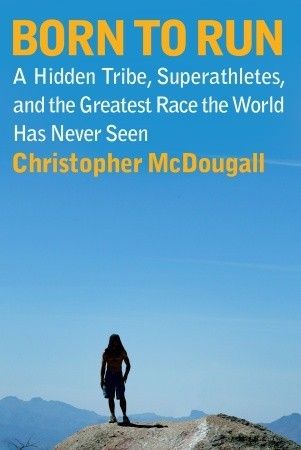
The Invention of Nature: Alexander von Humboldt's New World - Andrea Wulf
Alexander von Humboldt was a Prussian explorer and did research in Central and South America. Von Humboldt (1769-1859) had a great hunger for adventure and discovery, he climbed the highest volcano in the world, travelled through Siberia, where the population suffered from anthrax, and did research in the most remote areas. With his ideas he was far ahead of his time. Humboldt already knew then that human intervention has an effect on the climate. His thoughts were sharpened by his friendly relations with Goethe and Jefferson, and were a source of inspiration for greats from various disciplines, including Darwin, Bolívar, Wordsworth and Thoreau. According to Charles Darwin, Humboldt was the most important scientific traveller of all time.
In the book the inventor of nature, writer Andrea Wulf takes you on the daring expeditions of the courageous explorer. She provides an accessible insight into his groundbreaking research into the formation of the landscape on various continents in which Latin America has played a major role.
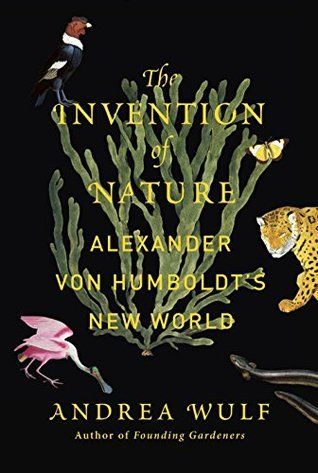
The price of sugar - Cynthia Mc Leod
In this Surinamese historical novel, Cynthia Mc Leod has brought a piece of Surinam's history to life with verve. The novel is set in the period 1765-1779. It is the heyday of the sugar culture and also the period of the Boni-Wars. The plantation owners live in constant fear of attacks by Maroons led by Boni on the plantations. Against this backdrop, Cynthia Mc Leod describes in compelling style the lives of Sarith and Elza, daughters of a Jewish planter family, and their slaves. In the unjust slave society that is the colony of Suriname, masters and slaves experience that sugar is paid dearly.
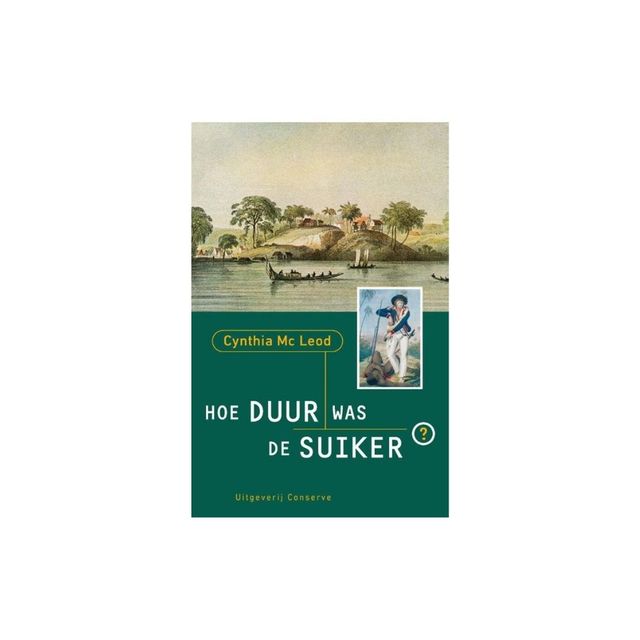
Cut stones & Cross Roads - Ronald Wright
Ronald Wright is an award-winning Canadian writer of travel stories, history books and fiction. He has also written a book about his journey through Peru. Ronald Wright's story about Peru is an account of the proud Inca heritage of the country and of the modern mestizo nation. A story of two worlds. Starting in Cajamarca, where Spain defeated the Inca army for the first time, Wright takes indigenous history back to its mythical origins at Lake Titicaca. Yet Wright is equally interested in the chance encounters of the road - the music of everyday life - and especially in the reality of the life of the indigenous Runa Indians. He moves between the desert and the mountains, the Spaniards and the Indians and explores with admiration and anger the place of their ancient traditions in present-day Peru.
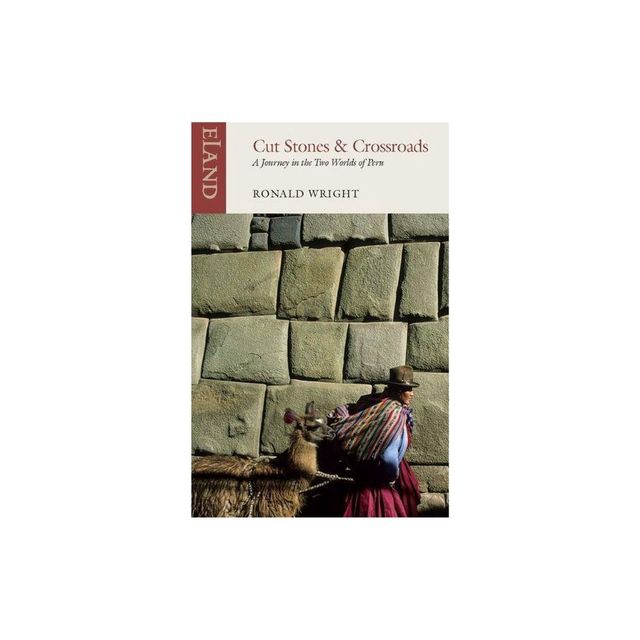
The path between the seas - David McCullough
The path between the seas tells the story of the creation of the Panama Canal. It tells the story of the men and women who fought against all odds to realise the 400 year old dream of building an aquatic passageway between the Atlantic and the Pacific Ocean. It is a story of amazing technical achievements, enormous medical achievements, political power games, heroic successes and tragic failures. Applying his remarkable gift for writing clear, vibrant exhibits, McCullough weaves the many strands of the momentous event into a comprehensive and compelling story.
